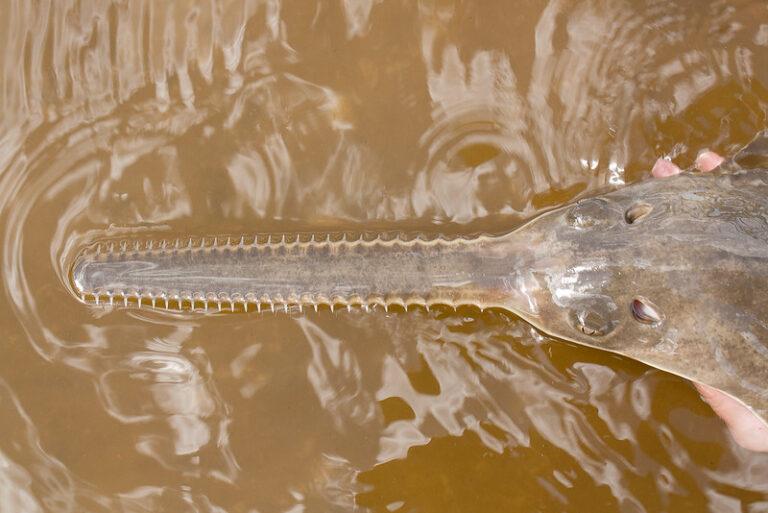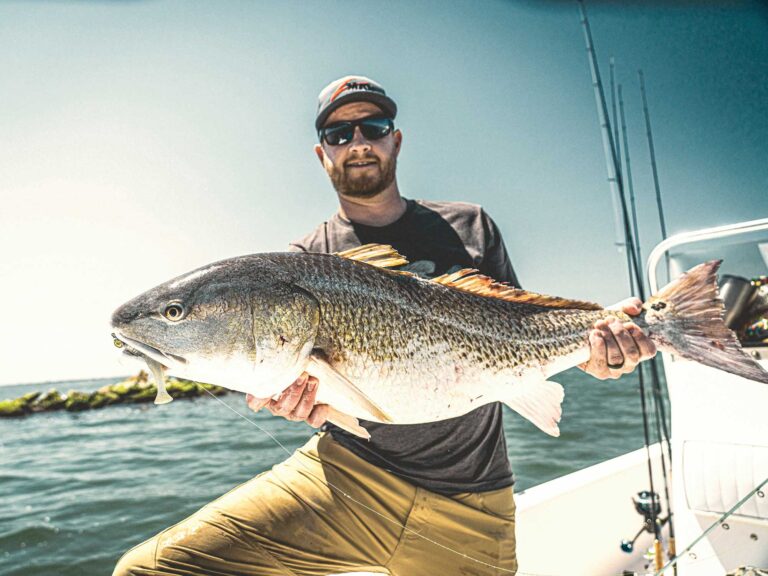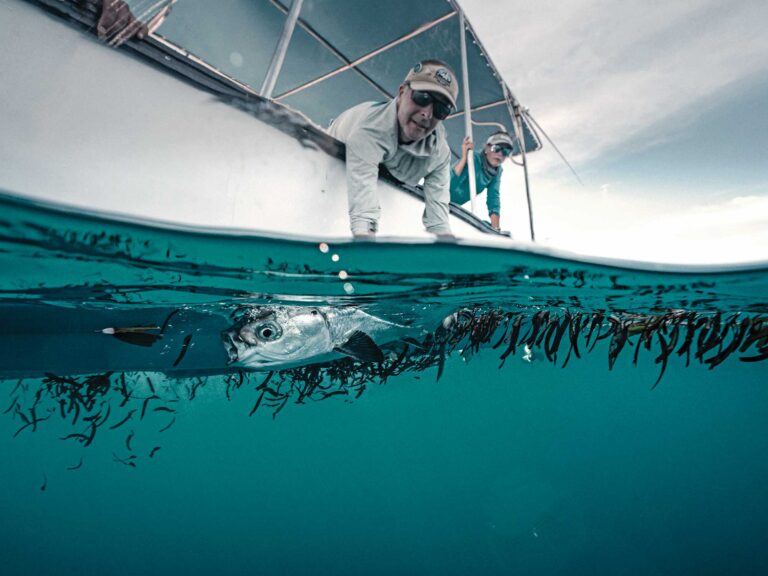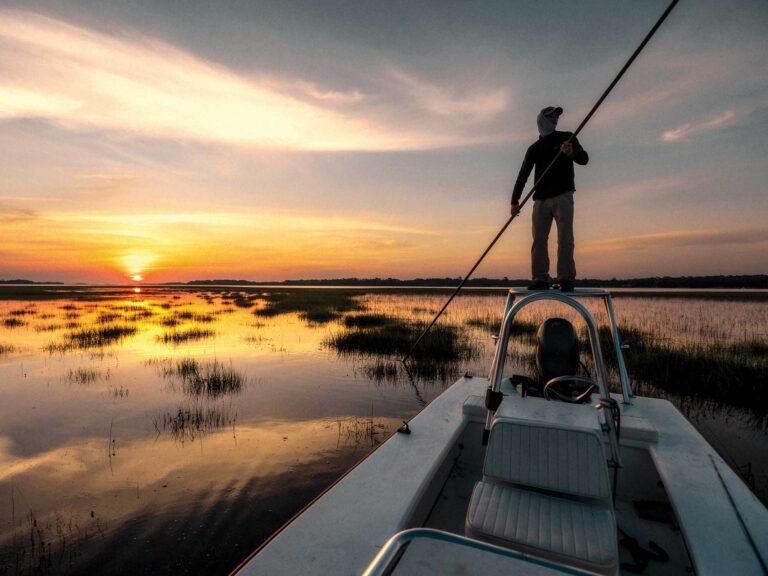VILLAGE OF ISLAMORADA, FLORIDA — A concept for a new Sportfishing Ecolodge in Islamorada was announced today by EDSA, a Fort Lauderdale, Florida-based planning firm with extensive environmental and eco-tourism design experience.
EDSA presented the concept, along with the creation of an Eco-Sustainable Lodge Zoning classification and a comprehensive plan amendment to pave the way for its development, to the Village of Islamorada Planning Department during a pre-application conference.
The site of the proposed Sportfishing Ecolodge is located on roughly seven-and-a half-acres at Mile Marker 83 between the Overseas Highway to the ocean side of the Old Highway. Bert Vorstman of Coral Springs, a commercial property developer and a sportsman and environmental advocate, owns the property.
The Eco-Sustainable Lodge designation will incorporate specific enhanced design requirements to improve the ecology of The Village of Islamorada and introduce a high quality, sustainable design to the Keys.
“We think this project sets a new positive direction for future development in The Keys,” said Joseph Lalli, EDSA Chairman. “The goals of the Village of Islamorada, which has already embraced and is implementing in its own operations, are in step with the deeper initiatives set by ecolodges around the world,” said Lalli. “The opportunity now is to create a premier example of an ecolodge designed exclusively to demonstrate the best possible attributes of the Florida Keys.”
Lalli said plans currently propose approximately 60 guest bedrooms. The clustering of structures incorporates the seven structures of the ecolodge into an enhanced eco-sensitive environment while maintaining a residential design, open space feeling. The main lodge incorporates the arrival area, common dining and gathering spaces with five connected casitas providing guest bedrooms.
Eco-goals for this project will embrace:
–The goal of storm water control, including pervious surfacing and storage as well as “natural filtration systems” and staged reuse. Enhanced tree canopy distribution will be defined and applied for shading and ground water absorption.
–The goal of Energy Efficiency will be addressed by mandating specific LEED designs for systems, equipment, structures, site planning and materials. Heat recovery and solar heating systems, solar power generation, photovoltaic and motion-controlled lighting systems, LED light sources and solar sensitive architectural design will all be incorporated into the criteria.
–The goal of efficient water usage will incorporate the latest technology in low initial consumption components and apply the current concepts in segregated water reuse with specific requirement for overall consumption.
–The goal of recycling will use qualified solid waste recycling and an on-site documented reused and recycle system design.
–The goal of efficient transportation will include on-site vehicles that are high fuel-efficient and local travel will be provided by HFE vehicle.
–The goal of affordable housing for the workforce will also be addressed as integral to the lodge.
Another key component, according to EDSA planners, will be the opportunity and requirement to substantially improve a minimum of three ecosystems within the boundaries of the ecolodge. The site contains Impacted Hardwood Hammock, Disturbed Wetlands, Impacted Dunes, Sand Beach shoreline, Mangrove shoreline and Submerged shoreline. The goal is to exceed the protection of these habitats as the design must enhance the existing system and make it functional to ensure long-term survivability of the system.
“We are proposing to create and implement these new requirements rising above the existing system, providing international design and legal expertise to create specific language to implement the Eco-Sustainable Lodge Comprehensive Plan Definition and Zoning Classification in cooperation with the Village,” said Lalli. “From this will come a new understanding of the economical viability of a sustainable approach to lodging which will have a far reaching effect.”
The EDSA design team has been involved in environmental/eco-tourism design around the world for many years, incorporating some 38 projects in China, Africa, South America, Central America, the Middle East, the Caribbean and Hawaii.









